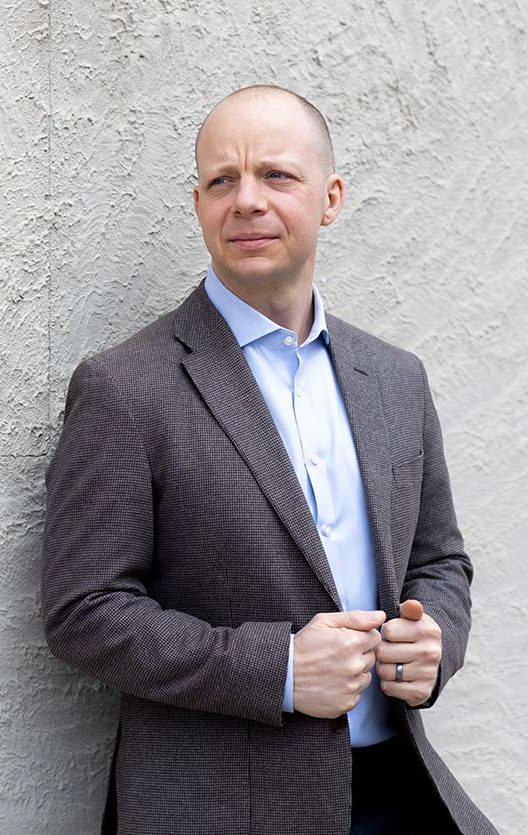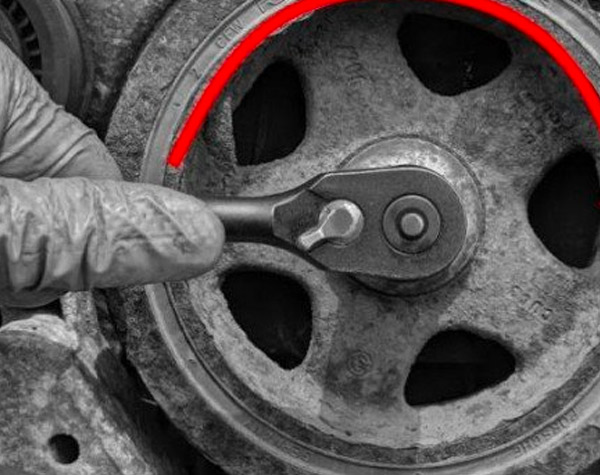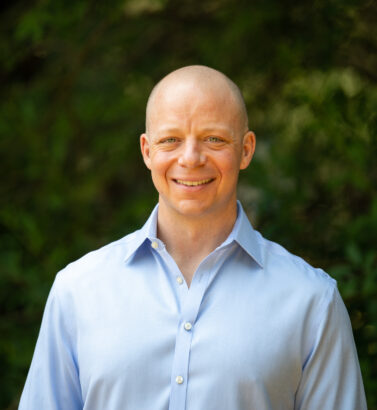The longest-ever study on human happiness is called the Harvard Study of Adult Development. It’s been running for 80 years and counting.
Robert Waldinger, the study’s current director, gave a TED Talk in 2016 titled “What Makes a Good Life? Lessons From the Longest Study on Happiness,” which has been viewed more than 22 million times.
He concluded his talk by sharing one key finding from this eight-decade study. It’s the strongest predictor of human well-being as we age…
The quality of our relationships throughout life.
And our relationships don’t predict only our mental and physical health. By examining the lives of 268 men from varied backgrounds (including future President John F. Kennedy), the study also found that relationships are directly linked to financial and career success.
Now, as important as they are, relationships are hard. They can be messy.
But there isn’t anything that can predict with greater certainty how happy or satisfied you’ll be at a later point in life.
So today, I’m going to share something powerful about forming quality relationships that I hope you’ll take into your heart and use to strengthen every relationship you have. And I hope you’ll live a happier, healthier and richer life as a result.
The Glue That Binds
Trust is an essential ingredient in any relationship. It’s the basis for our ability to connect deeply with others.
But trust isn’t as simple as it sounds, as you no doubt know. As the saying goes, “Trust takes years to build, seconds to break and forever to repair.”
And whether you realize it or not, there tend to be different ways in which we measure our trust in other people and they measure their trust in us.
When we interact with others, we tend to use three criteria to determine our level of trust in them: reliability, integrity and benevolence.
Reliability refers to the trust you have in others to do the things you expect of them, whether you’re depending on a good tennis partner, a good conversationalist or a good product engineer. Reliability is a yardstick that allows us to assess the functional abilities of our family, friends and colleagues.
Integrity refers to the trust you have in others to do what they say they will. In the work environment, that means following through and delivering. In life, it means showing up when commitments have been made.
And benevolence means simply and sincerely wanting the best for one another.
Now, here’s the part I hope you’ll think about and act on after you’ve read this…
Working to strengthen trust in these areas is the best way to improve the quality of your relationships.
And let me show you which one matters most.
It’s hard to generate trust in someone’s functional ability if that trust isn’t warranted. Practical social feedback tells you and them where they stand in this regard.
It’s also hard to gin up trust in someone’s integrity because actions define a person’s integrity… We evaluate a person’s integrity based on whether their actions are in line with their words. This evaluation happens over time.
But the one thing that’s totally within our control is benevolence, wanting the best for each other. Dare I say… unconditional love…
And here’s the punchline. You can turn the crank of unconditional love up to 10 for everybody. Family, friends, colleagues, members of your community. Even public figures you don’t care for. And there’s no downside. It’s all upside.
It’s generous, its charitable, it’s thoughtful, it’s loving… and it comes from a place of unconditional love for yourself.
The Power of Relationships
You may ask, “How can I be unconditionally loving to everyone, even those I disagree with?” Well, the answer is that you can be unconditionally loving to anybody.
In order to do this, you have to hold two states for them in your mind. First, you have to love them unconditionally as a human being. And second, you have to be direct and specific about which of their behaviors you agree with and which you don’t. This is much more effective if someone believes you have benevolence toward them to begin with.
I had a hard time believing this at first. It sounded like woo-woo or wishful thinking. But I’m here to tell you that not only is it possible… it’s also truly freeing.
Let me remind you what we started with here.
The quality of our relationships is the greatest factor in determining our well-being as we age. It affects everything from happiness to health… and yes, even our wealth and career.
I know a guy who formed an investment club with his brother and a few friends. They met regularly to discuss ideas. He went on to make more than $1 million on a single trade with one of the picks he received through an investment newsletter (The Oxford Communique). It was a pick that he’d decided to buy into after discussions with his investment club, where he’d formed trusted relationships that he counted on for advice.
Talk about the power of relationships!
In Practice
So how do you cultivate benevolence? Well, studies have shown that there are two proven ways.
Here’s the first. Before you connect with someone – whether by phone, video, in person or even in a written letter – spend a minute or two reflecting on their biggest contributions to you from your perspective. Then spend 30 seconds to a minute wishing them the very best in their life – in terms of their money, their satisfaction, their family. If you charge yourself up with that unconditional love and aspiration for them, it will naturally leak through when you connect. You won’t have to think about it or do anything. It will come through in the conversation and in nonverbal cues.
The second, which applies most to people with whom you have historically had frustrating interactions, is to spend some time reflecting on what you think the other person would want you to apologize for if they could be open and honest.
If you’re honest with yourself, there will likely be something to find there. And this will help you see that no matter how thin you slice it, there are always two sides.
Benevolence is a practice, not a one-time event. The longer and harder a relationship has been, the more you’ll have to be patient. But you can achieve a state of benevolence. You can turn around decades of conflict this way, and you can strengthen and deepen even the best of your relationships this way too.
I hope this helps you in some way in the future. I can promise only that, if you heed this advice, the relationships in your life will get better. And as the quality of your relationships improves, so will your well-being and happiness.
Shoot me a note if you have any questions. I’d also love to hear your thoughts on this topic. Just click here to send me an email.
Until next time…
Be relentless,
Nathan






What do you think?